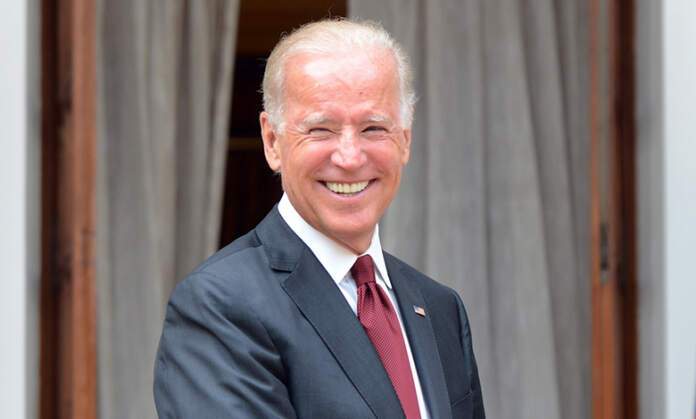NEW DELHI:: ASSOCHAM has described the record budget outlay of over Rs 1.1 lakh crore for the Mahatma Gandhi National Rural Employment Guarantee Act (MGNREGA) scheme as ‘need of the hour’. The Chamber has made a strong case for the inclusion of private sector agricultural projects and industries in the rural areas, under the flagship programme, in the wake of Covid-19 crisis.
“Our suggestions will act as a catalyst for investment in Agri logistics like warehouses. At a time of scarce resources, the cost of logistics operations, which involve the participation of unskilled labour as well, the integration of MGNREGA with such activities, irrespective of nature of ownership, would encourage immediate investment in the same,” said ASSOCHAM Secretary General Mr Deepak Sood. Under the proposal, MNREGA outlays manage a significant portion of the wages.
He said, by providing a legal framework allowing participation of organised private retailers into procurement and the entire Agri chain, the government has initiated significant reforms in the farm economy.
However, the industry is starved of funds, and the banks have no risk appetite to support new ventures. While there is a range of rural works which can make use of MGNREGA, a new dispensation can be carved out, at least for a limited period of two-three years so that the rural infrastructure pulls in new investment.
“While the MGNREGA guarantees at least 100 days of work in a year per rural household, focusing on unskilled workforce, the reverse migration of labour, to their native places in Uttar Pradesh, Bihar, Madhya Pradesh, Jharkhand and West Bengal would result in an abundant supply of workforce in these states, both skilled and unskilled. True, these states are not as industrialised as Maharashtra, Gujarat, Tamil Nadu or Karnataka, eastern India does have a large chunk of industries and active and live infrastructure projects in the private sector. Integration of MGNREGA with the industries, particularly the small and medium enterprises, would be a win-win, both for the industry and the workforce,” the ASSOCHAM Secretary General said.
He said the most positive takeaway would be ‘the skilling of the unskilled’. Integration with the industry would provide an ample opportunity for skilling of the labour force, which would eventually them move up the value curve and phase out of the MGNREGA. The Central and some State Governments have initiated the process of mapping skill sets with the migrant labour and the ratio of skilled and unskilled. Aligning this with the rural MSMEs will result in creating employment opportunities, boosting the rural economy and providing industries access to a robust ecosystem which includes labour, raw material and a new market segment.
Mr Sood said, in this hour of health and livelihood challenges, “we need to really work on unconventional ways of creating employment, with active cooperation of the Centre and the States. Despite challenges, we have to move on; the ownership of the projects under the rural employment scheme should not matter as much as the outcome- both the private and public sector have to work towards a common objective. India has a unique opportunity to leverage its demographic dividend and reduce economic inequality. “



